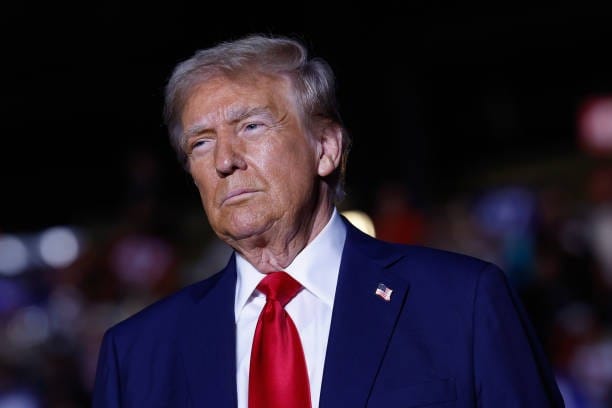Rabat — US President Donald Trump took a hard stance on trade Saturday, warning that the US will impose a 30% tariff on imports from Mexico and the European Union starting August 1.
This announcement comes after weeks of fruitless negotiations with key trading partners, signaling a sharp escalation in an already tense trade environment.
Trump posted letters on his Truth Social platform, addressing European Commission President Ursula von der Leyen and Mexican President Claudia Sheinbaum. Both parties swiftly criticized the tariffs as unfair and harmful to their economies but expressed readiness to continue talks before the deadline.
Mexico faces a slightly lower tariff than Canada’s proposed 35%, with the White House citing the flow of fentanyl as a key concern. Despite official data showing that far more fentanyl is seized at the US-Mexico border than at the Canadian border, Trump pointed to Mexico’s efforts as insufficient.
He wrote, “Mexico has been helping me secure the border, BUT, what Mexico has done is not enough. Mexico still has not stopped the Cartels who are trying to turn all of North America into a Narco-Trafficking Playground.”
Mexico exports over 80% of its goods to the US, and free trade has made it the country’s top trading partner in 2023.
Mexican President Sheinbaum struck a balanced tone, stressing calm and clear limits. “We’re clear on what we can work with the United States government on, and there’s something that’s never negotiable: the sovereignty of our country,” she said.
The EU, which initially sought a broad trade deal with the US, has shifted toward negotiating a more general framework agreement, similar to Britain’s recent deal. This shift comes amid internal divisions: Germany urges a swift agreement to protect its industries, while France and others resist a deal that favors the US too heavily.
Von der Leyen warned that the tariffs would disrupt vital transatlantic supply chains, harming businesses and consumers on both sides.
Bernd Lange, chair of the European Parliament’s trade committee, called the tariffs “a slap in the face for the negotiations,” and signaled that Brussels would consider countermeasures as soon as Monday.
Trump’s decision shows no sign of retreat, even as the US economy holding steady and stock markets near record highs.
With just weeks until the tariff deadline, uncertainty looms over whether the talks will yield a deal or lead to new barriers that could disrupt global commerce.
